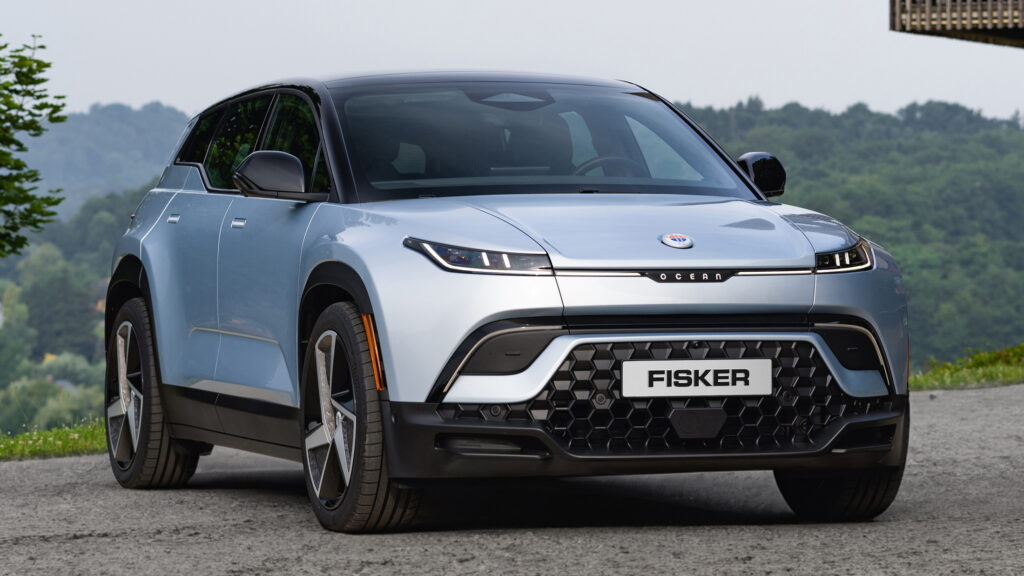Ford, GM, and Stellantis, the frumpy legacy carmakers abandoned a few years ago by investors seduced by new, younger, sexier all-electric startups, are back in vogue. Money men are betting big on The Big Three, as a safe place to stick their money as EV brands like Fisker and Rivian wobble.
During a week where we wrote about Fisker’s collapsing share price as it struggles to avoid bankruptcy, Bloomberg reported that analysts have named Ford, GM, and Stellantis as the firms to watch. And this isn’t only about the realization that it’s probably wiser to trust the business acumen of firms that have been around for a combined three centuries, built tens of millions of cars, and have healthy cash reserves rather than those with some flashy presentations but no proven track record and a market valuation way out of step with its output.
It’s about acknowledging that the great EV switchover isn’t happening at anything like the rate that the industry – and investors – believed it might a few years ago.
Related: Fisker Pauses Production And Raises $150M, Holds Out For OEM Rescue

At the height of the EV investment boom legacy carmakers looked slow-witted and out of touch because few had any electric vehicles to sell. But now, not only do those automakers have EVs in their showrooms, they also have combustion-engined cars and, perhaps more importantly, hybrid vehicles that are gaining in popularity, and likely to remain popular for years to come.
That makes the likes of Ford appear a solid bet compared to a brand such as Rivian, which has all its eggs in the electric basket.
“While EVs are the future, it’s the internal combustion engine product that generates the profits and funds the dividends and buybacks, while relatively insulated from Tesla and Chinese EV disruption,” Morgan Stanley analyst Adam Jonas said in a note last week reported by Bloomberg.
The one Western EV brand that doesn’t spook investors is Tesla, which is still valued at far more than GM, Ford, and Stellantis combined. But it’s also worth half what it was in 2021, and its decision to repeatedly cut prices means Tesla’s profits will be down this year, analysts predict, and for the second year running.




